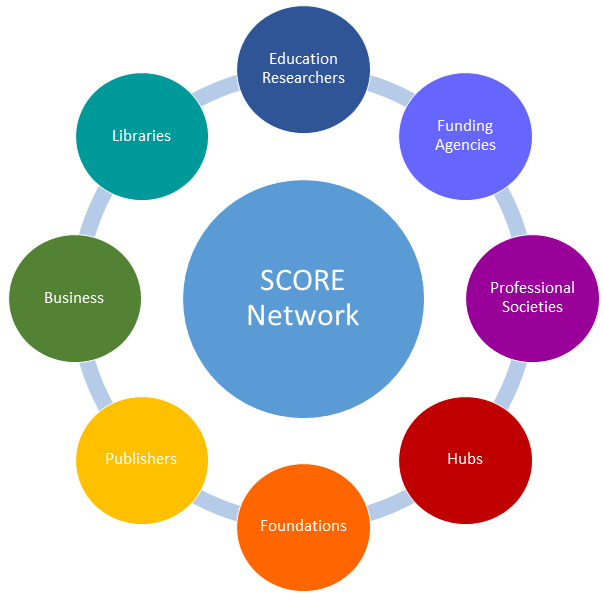#StopAsianHate
I’ve spent the last week or two working on my professional society’s response to the call to Asian allyship after the murders in Atlanta. While the call to #StopAsianHate was directly after these murders, Asian hate crime has been on the steady rise, particularly after the COVID-19 outbreak. I was teaching a (mis)information literacy class last spring, and my Asian(American) students were the first to bring the virus and the surrounding misinformation to my attention. Soon after, they disclosed the Anti-Asian sentiment they were hearing wherever they went.
In STEM Education, where SCORE serves, Asian student needs might fall through the cracks. They are not one of the racial/ethnic groups considered “underachieving” by National Science Foundation standards. However, racism against Asian Americans is still present, both in contemporary hate crime statistics as well as historically, through law and policy. In addition, studies suggest when you disaggregate educational outcome data for Asian students by region (e.g. Southeast Asian, Pacific Islander), you may find the same “achievement gap” trend that other historically marginalized groups of color (Black, Latinx, Indigenous) experience. Advocates in the Asian American community suggest we may take the success of Asian students and colleagues for granted because of the “model minority” perception and overgeneralization, and as a result overlook their educational needs and their racist experiences.
Indeed, several professional societies have already released statements in response in support of their Asian(American) colleagues. Here are a few in mathematics, so that you can see how folx are responding, and also see the links for resources and reading that they include:
National Council for Teachers in Mathematics statement
TODOS Math
Mathematical Association of America
How have you responded, as a human or as a leader? In my community of advocates for underrepresented in STEM, some called for immediate response and support, but some felt the urge to play “Oppression Olympics.” Even advocates for justice are still learning - we require constant reflection and a willingness to do better.
One resource I found particularly useful when trying to advocate on behalf of my students was Hollaback! training. I highly recommend this (free) training to anyone that would like to start working today at their organization and homes to be a better ally. I also think a lot about what kinds of teaching practices I employ that I am now hearing the needs of my students, when I did not hear them before. In the open education practices (OEP) framework, students become drivers of the conversation and the educational experience.
Dr. Karen Cangialosi will be leading a learning community in April on OEP for SCORE folx. I invite folx who are both in the classroom as well as folx who want to understand these practices and their interface with Open Science. OEP isn’t the answer to Anti-Asian hate, but as always, we use the lens of justice in our discussions. We believe that creating these learning communities of support for OER leaders is part of a broader commitment to creating transformational change towards anti-racism and educational justice, and we hope you will continue to join us on this journey.
-Carrie Diaz Eaton, Director SCORE Network
